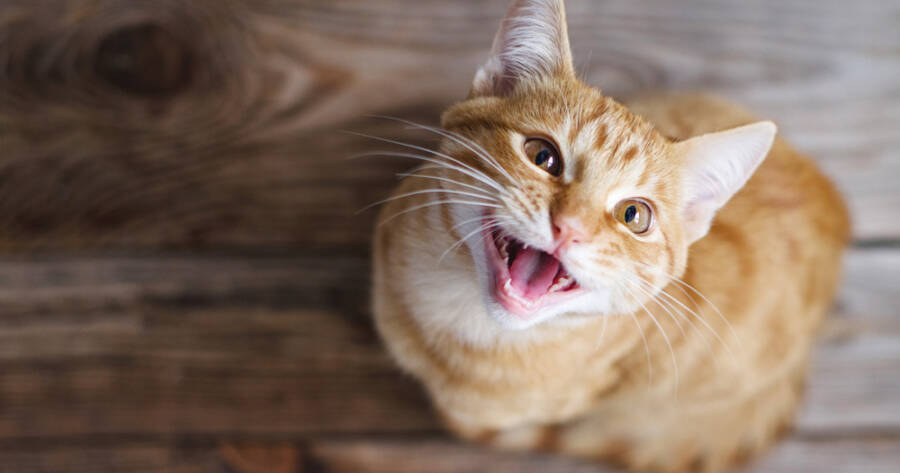Some cats are chatty by nature, but when the meowing feels constant or unusual, it can be puzzling, and sometimes a little exhausting. Excessive vocalization is often your cat’s way of trying to tell you something. Understanding the message behind the meows can help strengthen your bond, reduce stress, and bring a little more peace to your home.
They’re Hungry (Or Just Want a Snack)
One of the most common reasons cats meow is food-related. If your cat is hovering near their bowl or the kitchen and letting out long, dramatic meows, chances are they’re hungry—or just hoping for a treat. Even if they’re on a consistent feeding schedule, some cats are relentless beggars.
To avoid reinforcing this habit, try not to feed them immediately when they meow. Stick to set feeding times and ignore non-stop vocal requests. You can also use timed feeders to help break the cycle. If your cat continues to cry despite having a full bowl, consider whether they might be bored or seeking attention rather than food.
They’re Bored or Seeking Attention
Cats may be independent, but they still crave stimulation and affection. Excessive meowing can be your cat’s way of saying, “I’m bored,” or “Come play with me!” This is especially common in indoor cats who aren’t getting enough exercise or mental stimulation throughout the day.
Try setting aside a few short play sessions using interactive toys like feather wands, laser pointers, or puzzle feeders. Providing window perches or rotating new toys can also keep things fresh. When your cat knows they get regular attention, they’re less likely to constantly demand it through vocalization.
They’re Stressed or Anxious
Changes in the home—like a new pet, moving, or even rearranging furniture—can trigger anxiety in cats. One way they cope is by meowing more frequently. This can be a sign they’re feeling insecure, unsettled, or just need extra comfort and reassurance.
If your cat’s increased meowing coincides with a recent change, give them time to adjust. Keep their environment consistent and make sure they have quiet, safe spaces where they can retreat. Calming diffusers or sprays that mimic feline pheromones may also help soothe their nerves. Extra affection and routine can go a long way in making them feel safe again.
They’re in Heat or Looking for a Mate
Unspayed female cats in heat and unneutered males looking for a mate often become very vocal. This behavior can include loud yowling, restlessness, and attempts to escape the house. It’s instinctual and won’t go away until they’re no longer in that reproductive state.
Spaying or neutering your cat not only reduces vocalization but also improves their overall health and prevents unwanted litters. If your cat has already been fixed and still exhibits this behavior, consult your vet to rule out hormonal imbalances or other medical concerns that may be at play.
There’s a Possible Medical Issue
Persistent meowing that’s out of character could be a sign that something is wrong. Cats may vocalize when they’re in pain, disoriented, or dealing with conditions like hyperthyroidism, kidney disease, or cognitive decline. Older cats, especially, may cry at night due to confusion or discomfort.
If your cat’s meowing is accompanied by changes in behavior, appetite, or litter box habits, schedule a vet check. Ruling out medical issues early ensures your cat stays healthy and comfortable. Don’t ignore sudden or excessive vocalization—it might be the only way your cat can tell you something isn’t right.
When Listening Leads to Understanding
Meowing is one of the few ways cats communicate directly with humans, so paying attention to patterns and context can reveal a lot. Whether your cat is hungry, anxious, bored, or unwell, the key is to respond with care and consistency. By learning to listen to the different tones and timing of your cat’s meows, you can build a stronger relationship—and a much quieter household.
